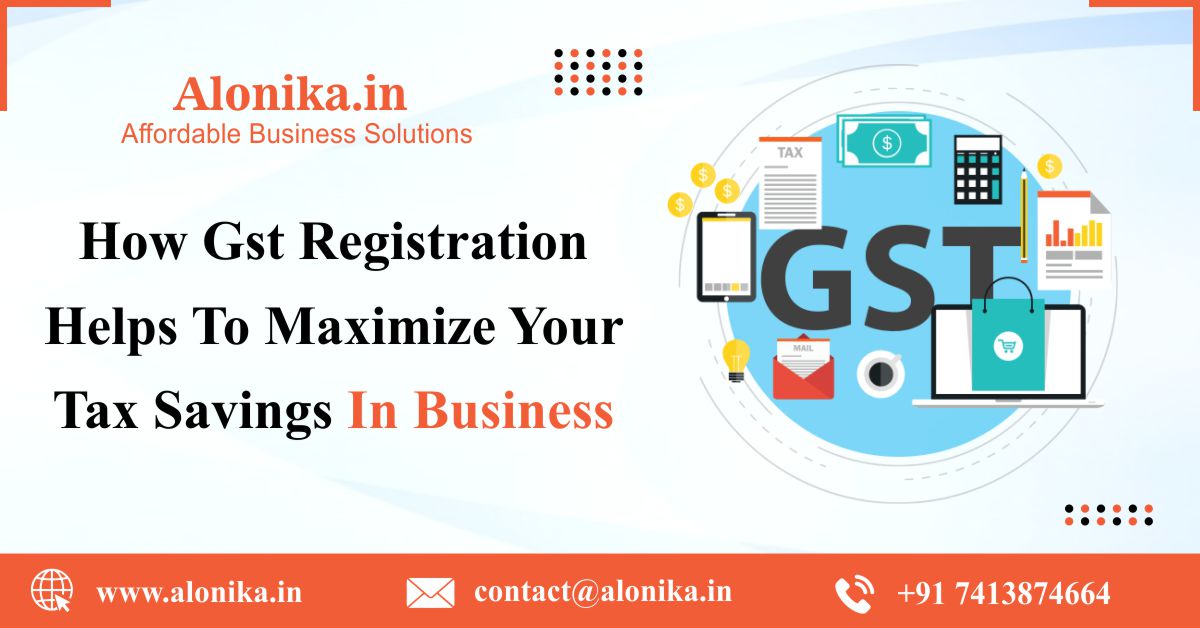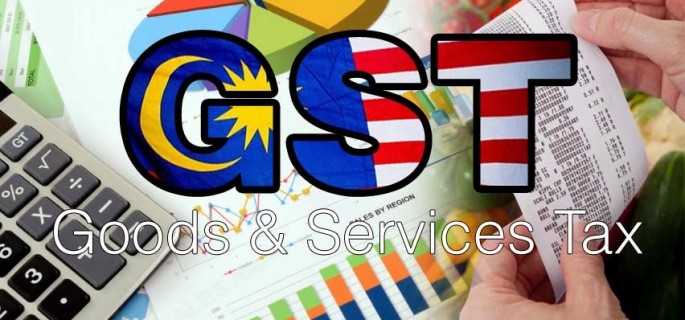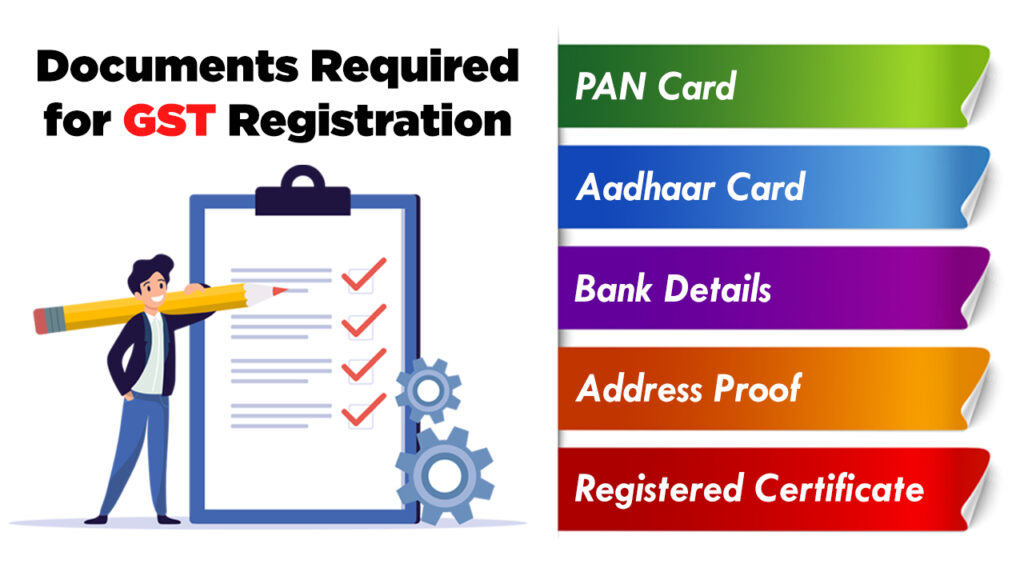Comprehending the Perks of Singapore GST Registration for SMEs
Comprehending the Perks of Singapore GST Registration for SMEs
Blog Article
Browsing the Complexities of GST Enrollment: Specialist Tips and Best Practices for Easier Compliance
From analyzing registration demands to taking advantage of technical devices for structured procedures, the trip in the direction of smoother GST conformity is complex and nuanced. Stay tuned to uncover important methods and understandings that can aid organizations guide via the intricacies of GST registration with skill and self-confidence.
Understanding GST Enrollment Needs

In enhancement to turn over thresholds, businesses participating in interstate sales or supplying taxable services might likewise be called for to sign up for GST, also if their turnover is listed below the recommended limit (Singapore GST Registration). Understanding these needs and thresholds is vital to stay clear of fines and ensure smooth procedures within the legal structure
In addition, services need to gather and prepare the essential documentation, such as proof of identification, address, business unification, and bank account information, before initiating the GST enrollment process. Failing to provide exact information or satisfy the enrollment deadlines can cause fines or various other legal repercussions. Organizations must remain informed about the certain GST registration demands suitable to their procedures to maintain conformity and stay clear of potential issues.
Organizing Crucial Documentation
Businesses starting the GST registration process have to diligently compile and organize the important documents required for submission. The key files normally needed for GST registration include proof of service enrollment or address, identity and consolidation evidence of the service proprietors or companions, checking account details, evidence of major workplace, and authorization forms. Guaranteeing that these files are readily offered and arranged can enhance the enrollment process and avoid denials or hold-ups.
To properly arrange essential paperwork, businesses should develop a central system for storing and categorizing the called for documentation (Singapore GST Registration). Using digital storage solutions can aid preserve easy access and guarantee that documents are firmly kept. Furthermore, establishing a checklist of all essential files can act as a helpful device to track what has been collected and what is still required for submission

Leveraging Modern Technology for Effectiveness
Enhancing operational effectiveness via technological assimilation is critical for modern-day companies navigating the intricacies of GST enrollment. One of the essential means modern technology can assist in GST registration is with the use of automated software application solutions.
Furthermore, modern technology can facilitate seamless communication with tax authorities. On-line portals and communication devices allow organizations to submit files, settle page questions, and receive updates in a much more reliable fashion. This not only expedites the enrollment procedure but also assists in maintaining clear and reliable interaction with the appropriate authorities.
Furthermore, cloud-based storage space remedies provide a safe platform for services to shop and accessibility their economic information, guaranteeing compliance with GST record-keeping demands. By streamlining information storage and automating processes, companies can improve their general efficiency and accuracy in GST registration procedures.
Proactive Compliance Tracking

To make sure effective aggressive compliance monitoring, services need to establish durable interior controls, conduct regular audits, and utilize automation tools for real-time tracking of GST purchases. Normal training sessions for workers on GST conformity demands can additionally help in creating a culture of conformity within the company. Additionally, involving with tax obligation professionals or professionals can provide valuable understandings and guidance on browsing intricate GST policies.
Involving With Specialist Professionals
Engaging seasoned tax specialists can dramatically reinforce a firm's understanding and compliance with intricate GST policies. Expert specialists bring a wide range of knowledge and experience to the table, aiding services browse the complexities of GST enrollment effortlessly. By leveraging their experience, business can make certain accurate filings, reduce the danger of mistakes, and stay current with the current regulative adjustments.
When involving with expert specialists, it is necessary to choose experts with a strong record in GST conformity (Singapore GST Registration). Seek consultants who have a deep understanding of the appropriate legislations and policies, along with experience dealing with organizations in your industry. Effective content interaction is essential in this collaboration, so make certain to plainly define your expectations and develop routine touchpoints to go over progress and deal with any type of issues
In addition, professional specialists can provide important understandings and suggestions on maximizing your tax method, recognizing prospective cost-saving chances, and enhancing your conformity procedures. Generally, investing in professional consultancy solutions can go a long way in guaranteeing smoother GST compliance and avoiding costly mistakes.
Conclusion
To conclude, browsing the complexities of GST enrollment needs a thorough understanding of the needs, company of vital paperwork, leveraging innovation for efficiency, aggressive conformity monitoring, and engagement with expert professionals. By complying with these best techniques, organizations can ensure smoother conformity with GST guidelines and avoid possible penalties or fines. It is vital to remain informed, proactive, and diligent in managing GST registration to keep compliance and maintain economic stability.
To ensure compliance with tax obligation policies, companies should extensively comprehend the intricate requirements for GST registration. Item and Services Tax Obligation (GST) is a value-added tax obligation imposed on many items and services in a country, making it crucial for services to register for GST to prevent lawful repercussions.Moreover, businesses should collect and prepare the necessary paperwork, such as evidence of identification, address, business unification, and bank account details, before starting the GST registration process. Organizations should stay notified regarding the particular GST enrollment needs appropriate to their operations to preserve compliance and avoid potential issues.
The essential files typically needed for GST enrollment consist of get redirected here evidence of organization enrollment or identification, consolidation and address proofs of the business owners or partners, financial institution account information, evidence of principal location of service, and permission types.
Report this page